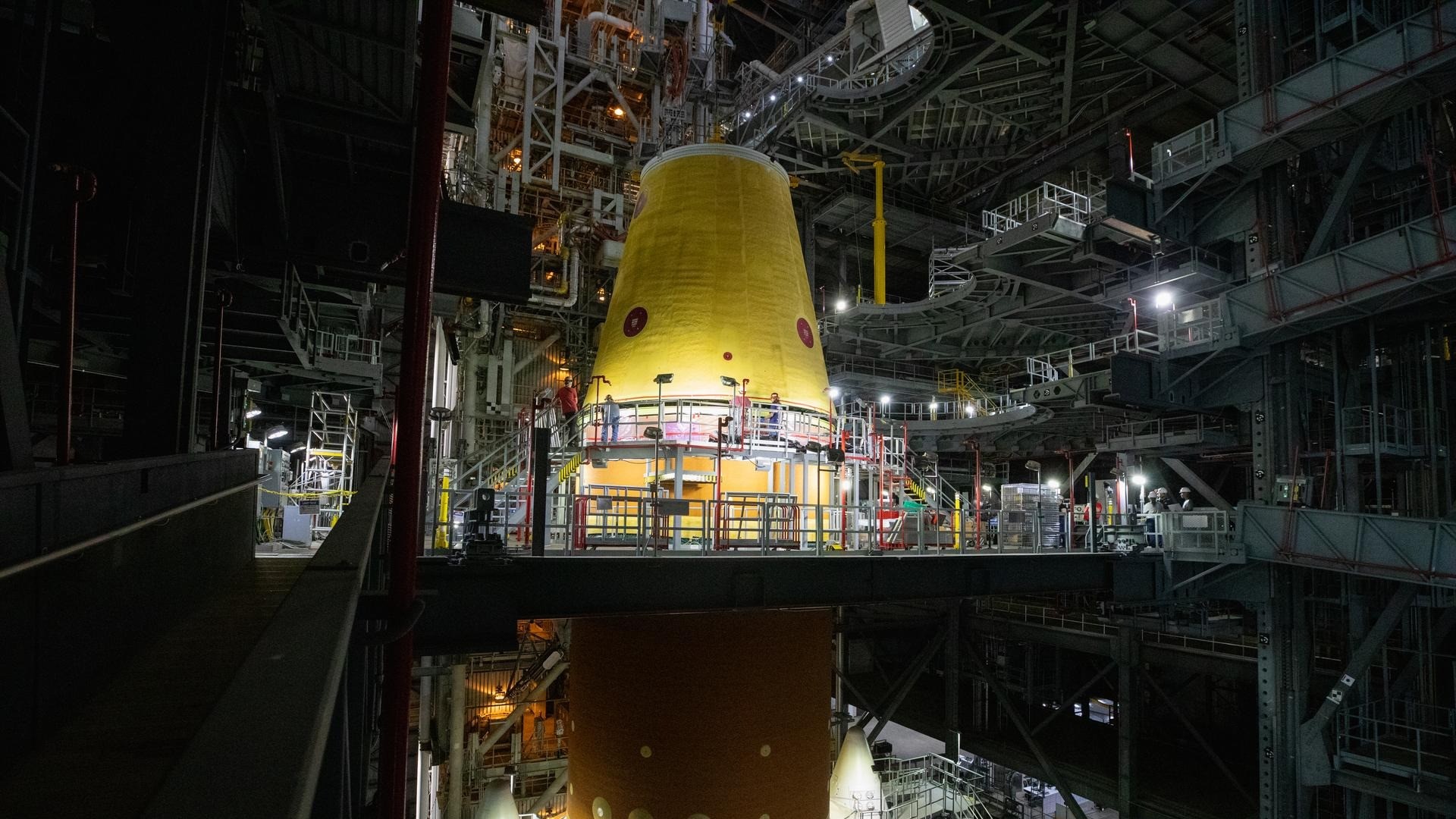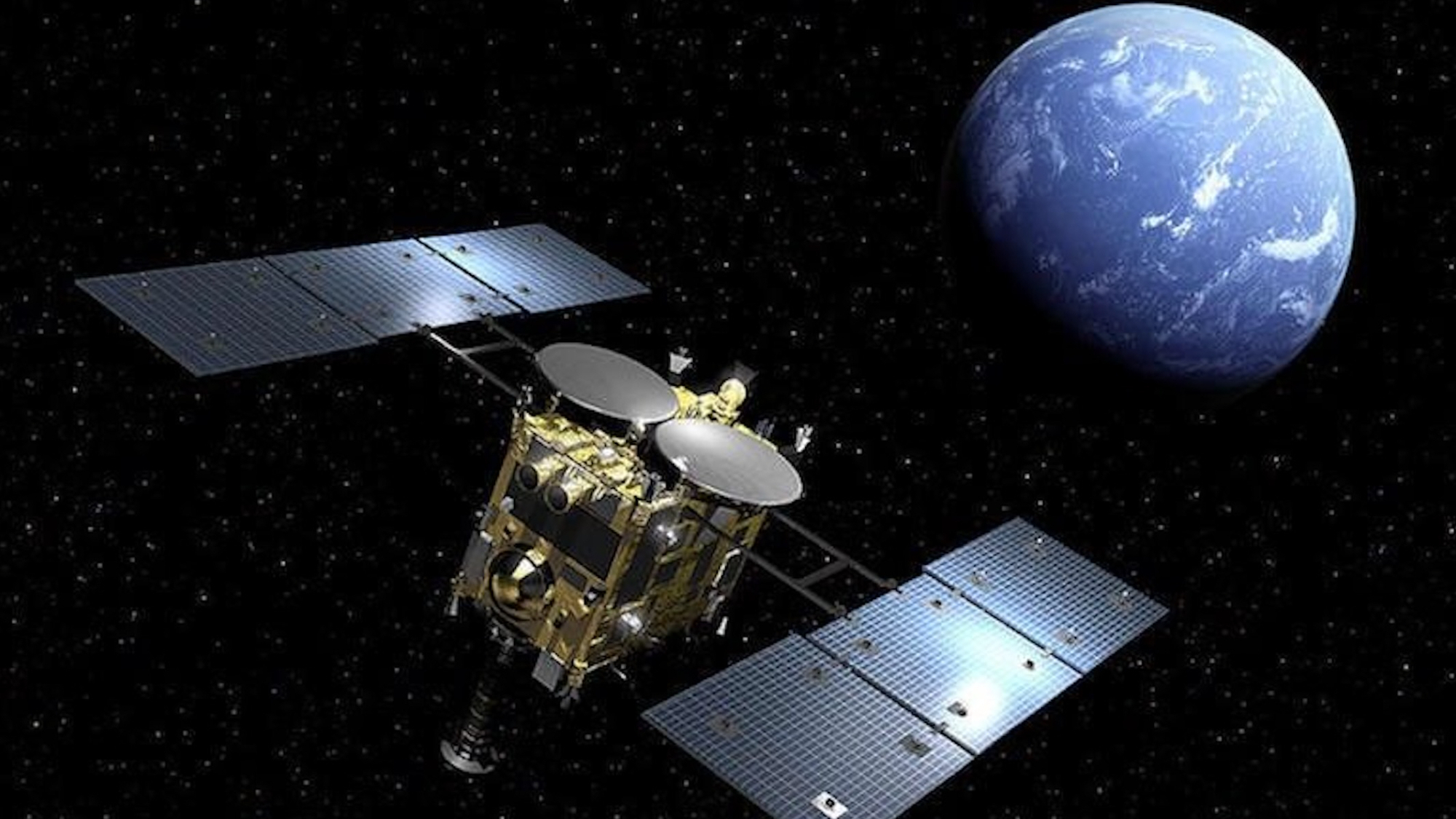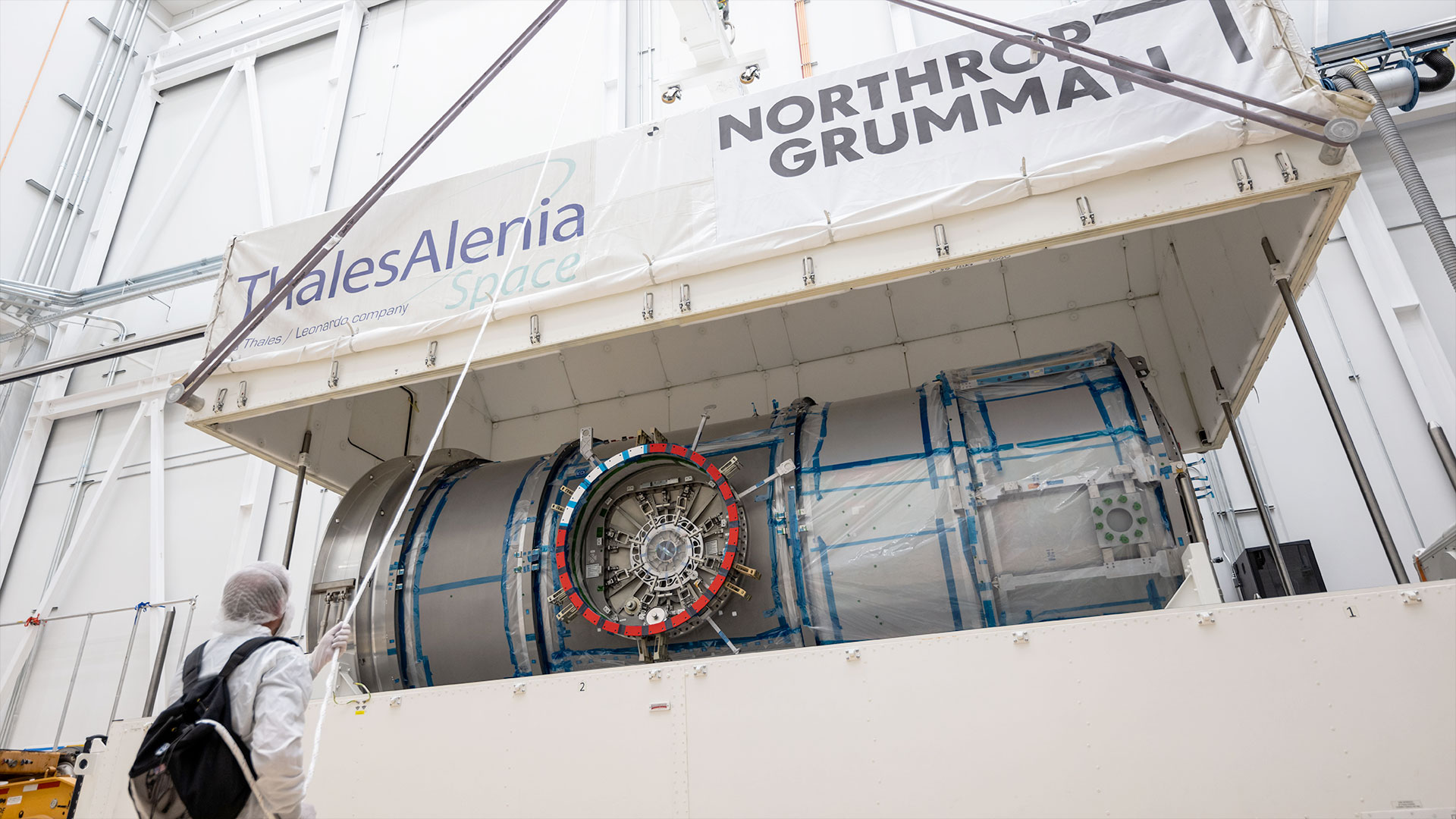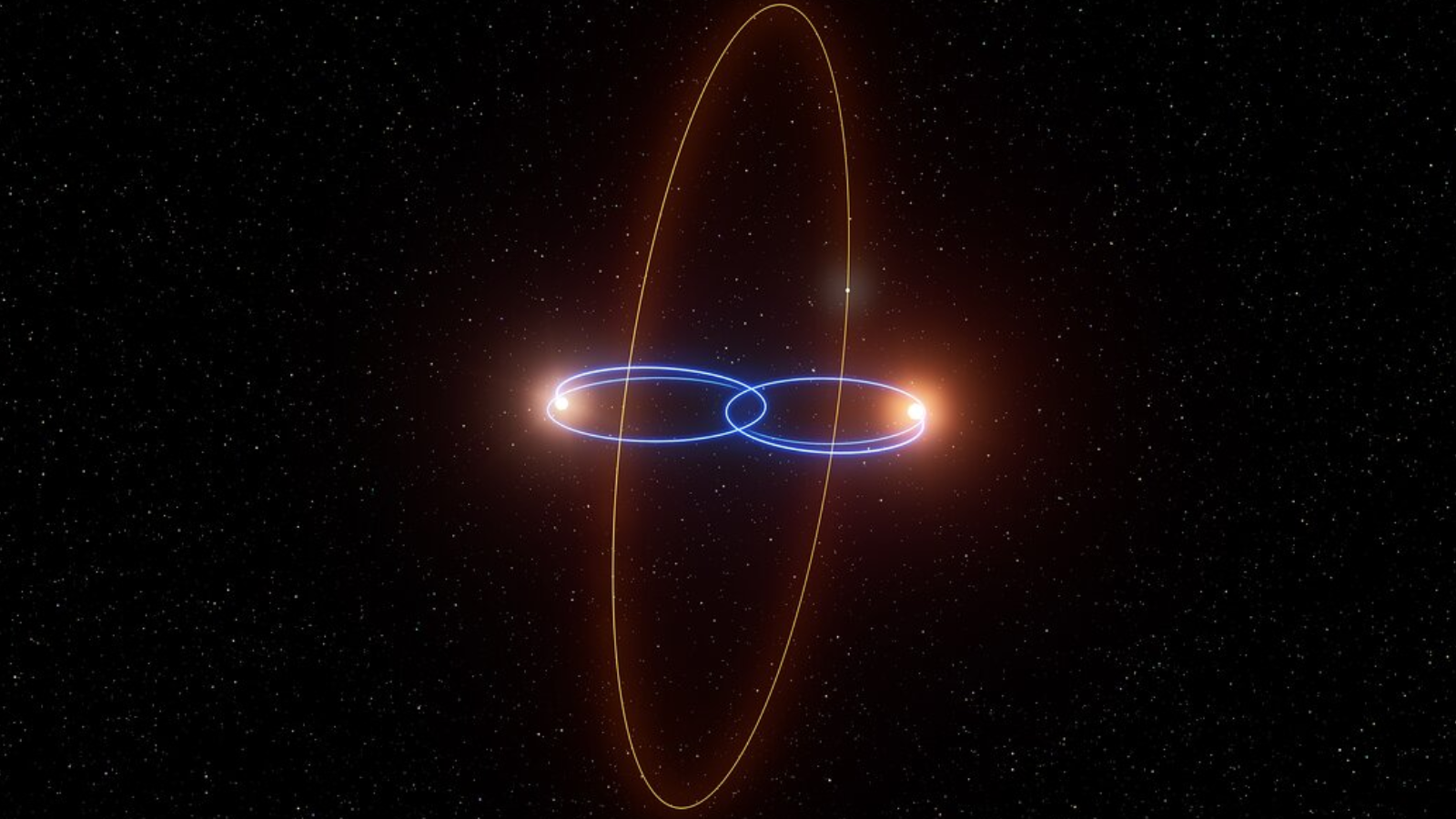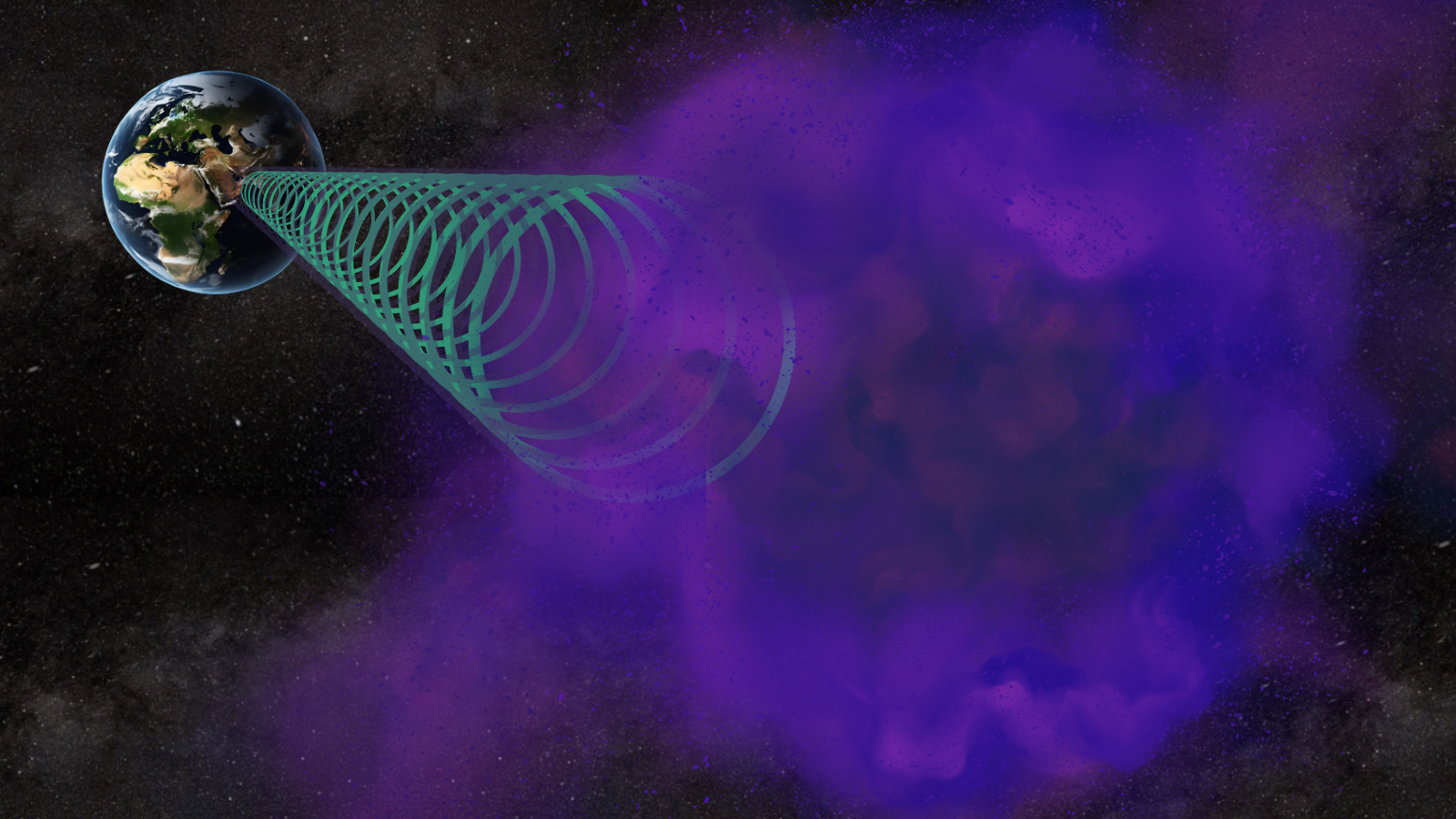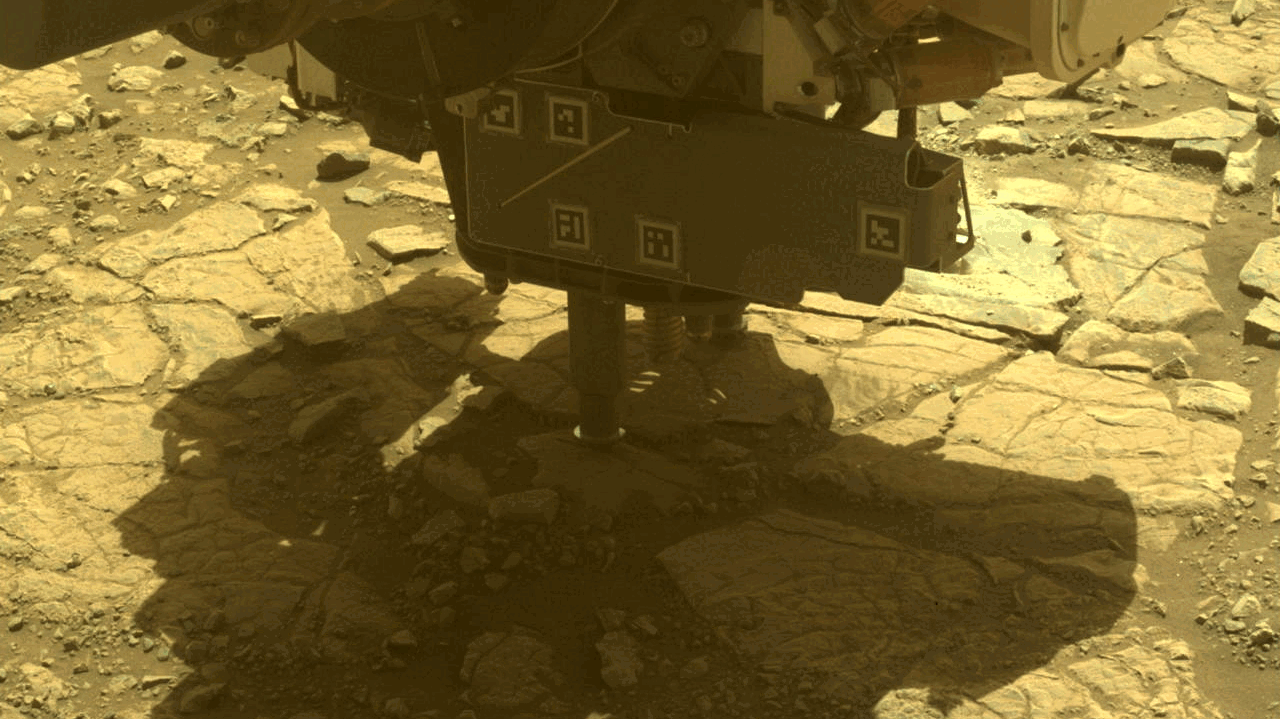Silicon Valley Bank collapse ripples across space industry
The forced closure of Silicon Valley Bank on Friday (March 10) could have ripple effects across the space industry.
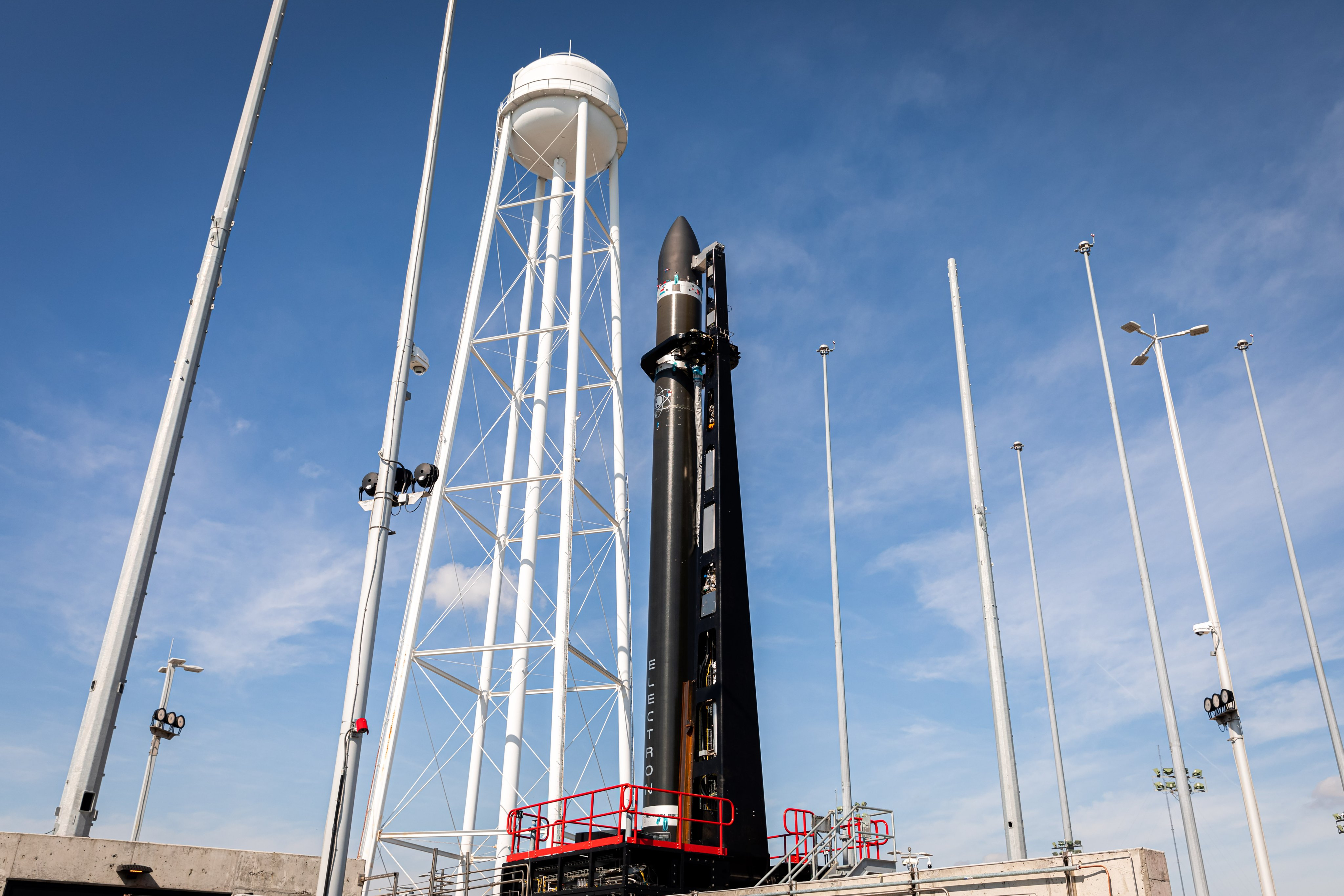
The collapse of Silicon Valley Bank (SVB), an institution involved in investment, loans and traditional banking services for many technology companies, could have ripple effects across the space industry.
The California Department of Financial Protection and Innovation announced the closure of SVB on Friday (March 10), also revealing that the U.S. Federal Deposit Insurance Corporation (FDIC) was appointed as the receiver for the bank.
"All insured depositors will have full access to their insured deposits no later than Monday morning, March 13, 2023," the department's statement read. "The FDIC will pay uninsured depositors an advance dividend within the next week."
Related: How to launch a space startup in 2 days (first person)
Among the space sector companies that could be affected is Rocket Lab, which SpaceNews reported has an aggregate balance of around $38 million with the California-headquartered SVB. This represents 7.9% of the company's total cash, cash equivalents and marketable securities as of Dec. 31, 2022.
SVB had become the bank of choice for many startup tech companies, thanks to its deeper understanding of the circumstances faced by those companies in comparison to other banks. SVB was in especially high demand during the COVID pandemic; the initial market shock of the pandemic led to a boom period for startups and established tech providers, thanks to consumers increasing spending on gadgets and digital services.
In the space sector, Astra, Planet, Redwire and Rocket Lab all received loans from SVB and repaid that money when they went public via mergers with special-purpose acquisition companies, SpaceNews reported, citing annual reports by the U.S. Securities and Exchange Commission.
Get the Space.com Newsletter
Breaking space news, the latest updates on rocket launches, skywatching events and more!
In public, companies with SVB accounts have generally been reassuring investors that the current situation is manageable.
"We think the steps taken by the Fed, Treasury and (The Federal Deposit Insurance Corporation) will decisively break the psychological 'doom loop' across the regional banking sector," Karl Schamotta, chief market strategist at Corpay in Toronto, told Reuters.
In private, however, some were less sanguine, SpaceNews reported.
"It's a very serious situation. Our balance is suddenly only $450," an unidentified space sector entrepreneur told SpaceNews. "There has been no communication from SVB even after the event became known. Our primary SVB liaison, who has been very attentive in the past, is unreachable by any means. It's appalling."
The entrepreneur's company kept its balance below the $250,000 FDIC insurance limit, but they don't know when they'll regain access to their money or how the regulatory processes will be coordinated, which the source said is "critical to international aerospace work."
"I can only imagine the state of mind for startups that had their equity fundraising or revenue monies in SVB," the entrepreneur told SpaceNews. "That's likely well over the outdated $250,000 FDIC limit. How will they even make payroll this week, much less carry on operations?"
Former Momentus Space vice president of business development Negar Feher told SpaceNews that SVB's closure likely won't affect the space ecosystem over the long haul. But, Feher said, "it could heavily affect some startups' cash flow in the near terms as they struggle to get their assets out."
You can read the full SpaceNews story here.
The collapse of SVB, a bank that was born in the heart of Silicon Valley four decades ago, began on Wednesday (March 8), when it announced a $1.75 billion raising of capital. The bank told investors it needed to plug a hole caused by the sale of some of its bonds to offset a lack of on-hand cash, The Guardian reported, but this triggered a rush of demand from customers who were concerned that SVB was short of capital and began drawing out money en masse.
Two days later, on March 10, SVB — valued at $200 billion — collapsed, in the biggest bank failure in the U.S. since the global financial crisis in 2008.
The FDIC said that the main office and all branches of Silicon Valley Bank will reopen on Monday (March 13). SVB has 17 branches in California and Massachusetts.
Follow us on Twitter @Spacedotcom or Facebook.
Join our Space Forums to keep talking space on the latest missions, night sky and more! And if you have a news tip, correction or comment, let us know at: community@space.com.

Robert Lea is a science journalist in the U.K. whose articles have been published in Physics World, New Scientist, Astronomy Magazine, All About Space, Newsweek and ZME Science. He also writes about science communication for Elsevier and the European Journal of Physics. Rob holds a bachelor of science degree in physics and astronomy from the U.K.’s Open University. Follow him on Twitter @sciencef1rst.



